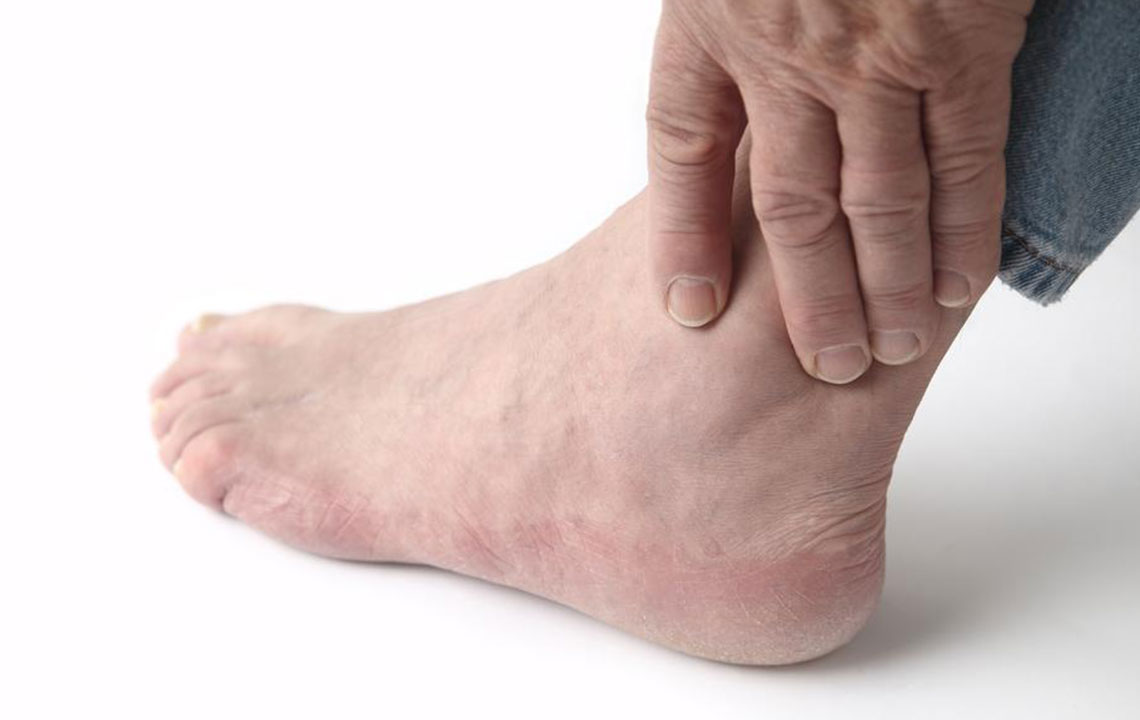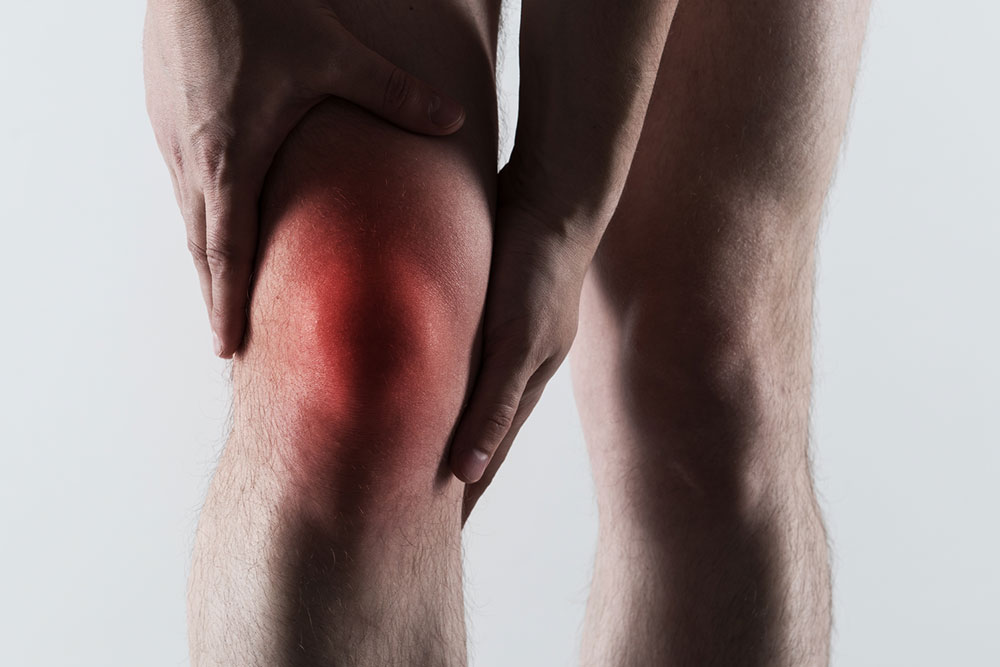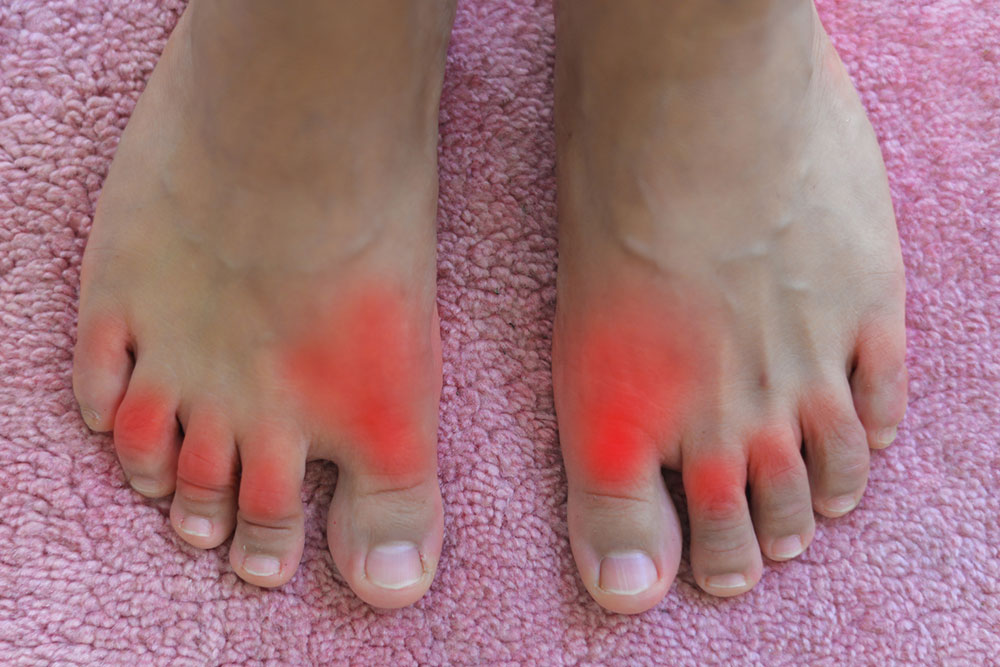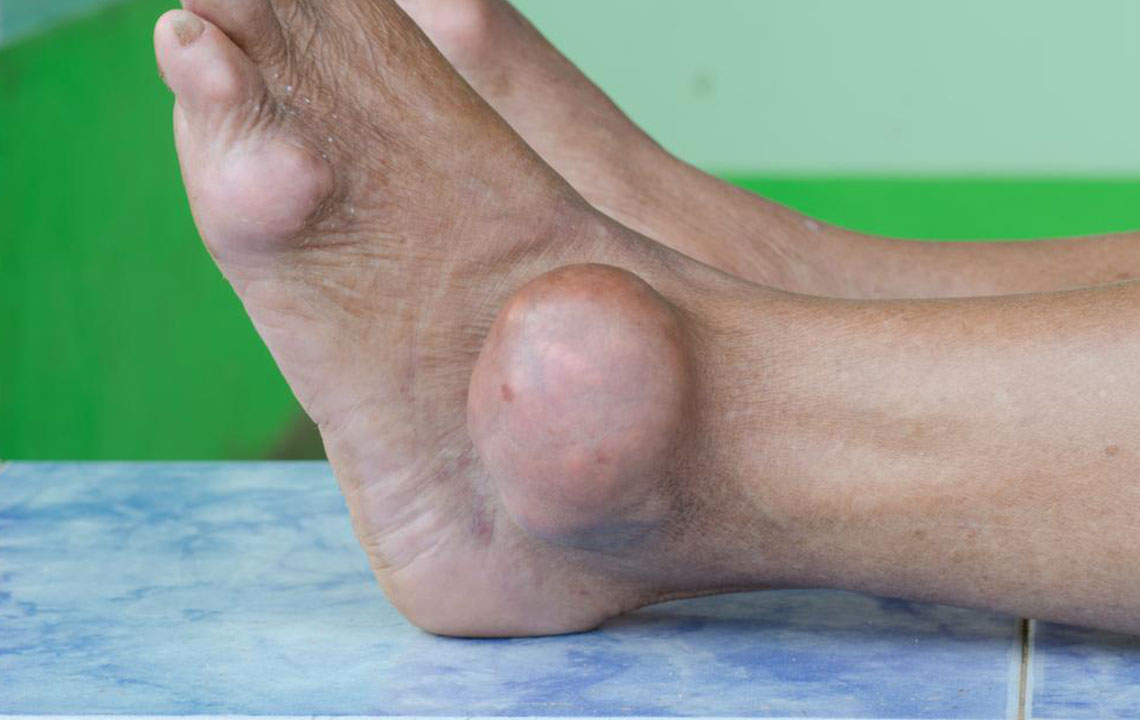Effective Strategies for Managing Gout Discomfort
This article explores effective methods to manage gout pain through medication and lifestyle changes. Recognizing early signs of gout and implementing proper treatment strategies can help reduce symptoms and prevent future attacks. Long-term management includes a healthy diet, weight control, and regular medication use. Immediate relief options like anti-inflammatory drugs and elevating affected joints are also discussed to help those dealing with sudden attacks. Understanding gout's causes and preventive measures empowers individuals to maintain joint health and overall well-being.
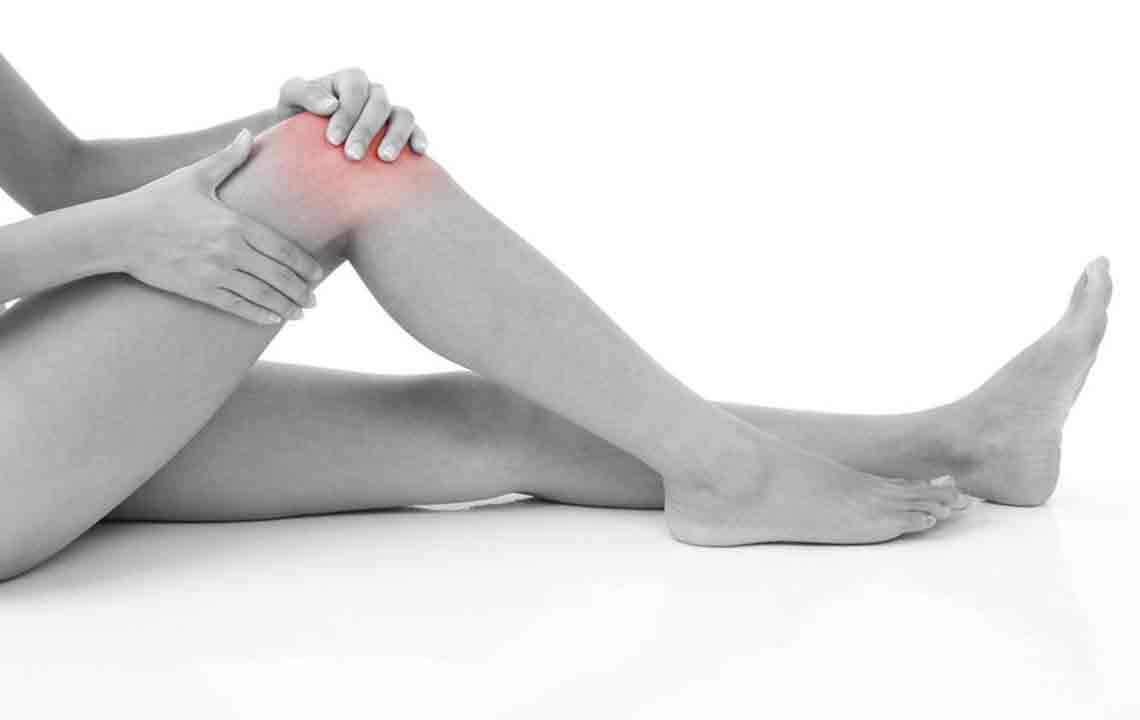
Effective Strategies for Managing Gout Discomfort
Gout pain can be one of the most debilitating and stressful experiences in life. It is widely recognized that gout attacks can cause intense pain, making daily activities difficult. With rising prevalence, many seek quick and effective remedies to alleviate symptoms. Understanding what causes gout and how it affects the body is crucial for proper management.
Understanding Gout
Gout is a form of arthritis primarily caused by high levels of uric acid in the blood. This condition results from genetic factors, stress, excessive alcohol intake, or dietary habits. When uric acid accumulates, it forms sharp crystals in the joints, triggering sudden, severe pain, swelling, redness, and tenderness. Immediate pain relief is essential to prevent joint damage and restore mobility.
Gout attacks can strike unexpectedly, often accompanied by warning signs such as burning or tingling sensations in the joints hours before the pain begins. Many individuals wake up at night with excruciating joint pain, making early detection vital. Recognizing these signs allows for timely intervention and prevention of severe episodes.
Managing gout effectively involves both immediate relief and long-term strategies. Combining medication with lifestyle modifications offers the best chance of controlling symptoms and preventing future attacks.
Medications for Gout Relief
Doctors typically prescribe anti-inflammatory drugs like NSAIDs for quick pain relief during an attack. Corticosteroids may be used for rapid inflammation reduction. To prevent recurrent gout, medications such as Allopurinol, Febuxostat, or Probenecid are recommended to lower uric acid levels. Regular use of these medicines can significantly decrease attack frequency and severity.
Healthy Lifestyle Adjustments
Adopting a balanced diet, maintaining regular physical activity, and regulating weight are crucial for managing gout long-term. Diets emphasizing fresh fruits, vegetables, whole grains, and plant-based proteins support uric acid reduction. Limiting red meat, sugary drinks, and alcohol is advised. Achieving and sustaining a healthy weight reduces uric acid levels and lowers the risk of cardiovascular issues associated with gout.
During an acute attack, immediate measures include taking anti-inflammatory medications, elevating the affected joint, drinking plenty of water, and reducing stress. These steps can help manage pain until medical treatment takes effect and prevent flare-ups.

